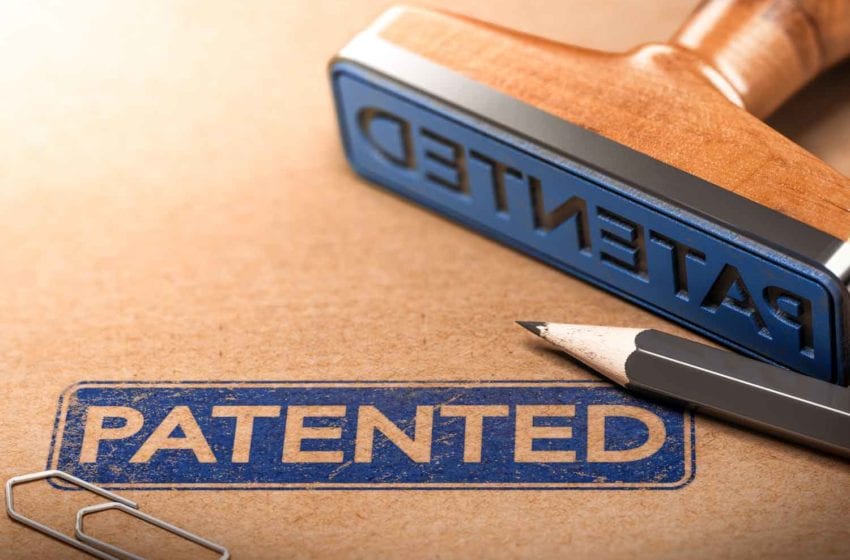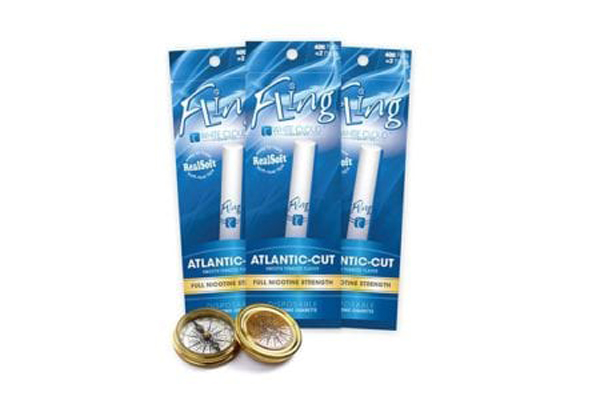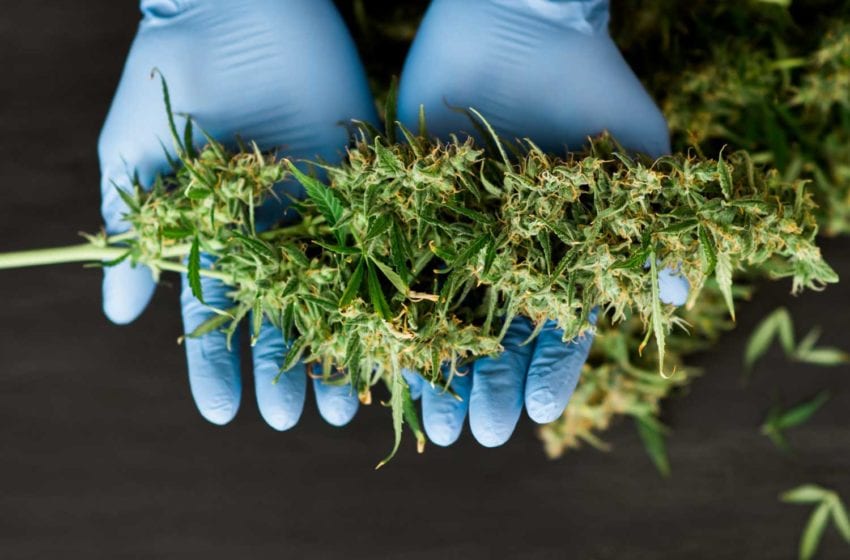The deal includes a joint product, with the Chinese partner handling the marketing.Read More
Tags :Featured
Stories featured at the top of tobaccoreporter.com
FDA ‘Working Diligently’ on Synthetic Nicotine Marketing Applications
CTP Director King reports 'significant progress.'Read More
New report proposes phaseout of smoking while recognizing vaping as a cessation tool. Read More
Nine out of 10 surveyed in the Philippines support the country’s proposed vaping bill.Read More
FEELM has developed a model to help researchers describe taste scientifically.Read More
The workshop produced counterfeit brands for the high-tax U.K. market. Read More
PMI's heat-not-burn technology does not infringe on BAT's intellectual property, says judge. Read More
The company says it was unable to find a viable alternative for U.S. customers.Read More
The law will hurt the vapor business without preventing underage access, says scholar. Read More
Organigram’s R&D and innovation complement BAT’s plant expertise.Read More










